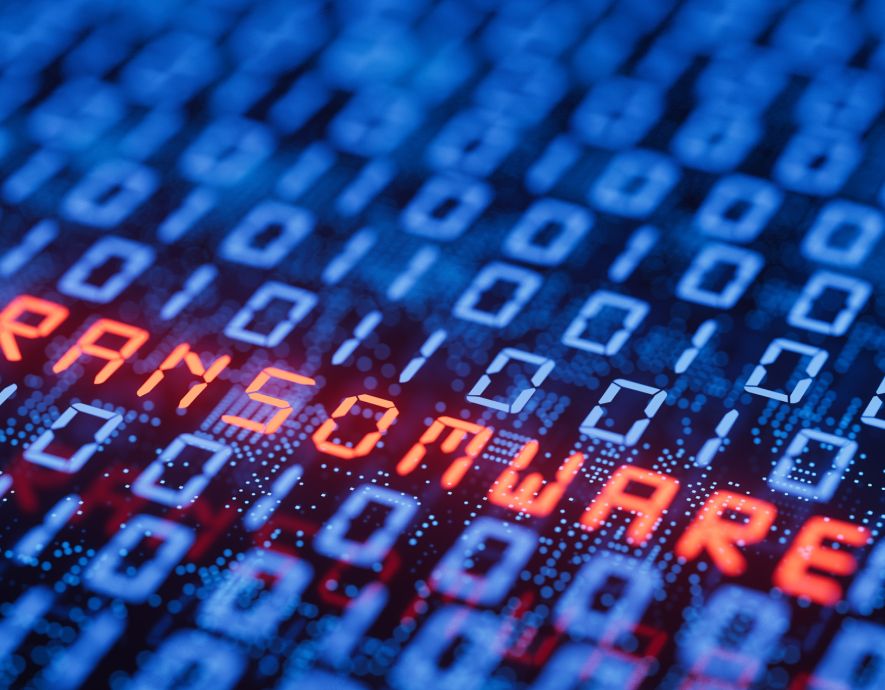
A phishing campaign from a legitimate PayPal Business account
Articles by the same author:
1
06.17.25 Cyber +
INTERVIEW with Daniel Blanc, New Executive Director of the INCYBER Canada Forum
Read
05
MIN
2
05.02.25 Digital Sovereignty
American Tech Giants Capture 80% of Europe’s Cloud Spending
Read
01
MIN
3
04.30.25 Cyber stability
France officially accuses Russia of cyberattacks on its institutions
Read
01
MIN
4




